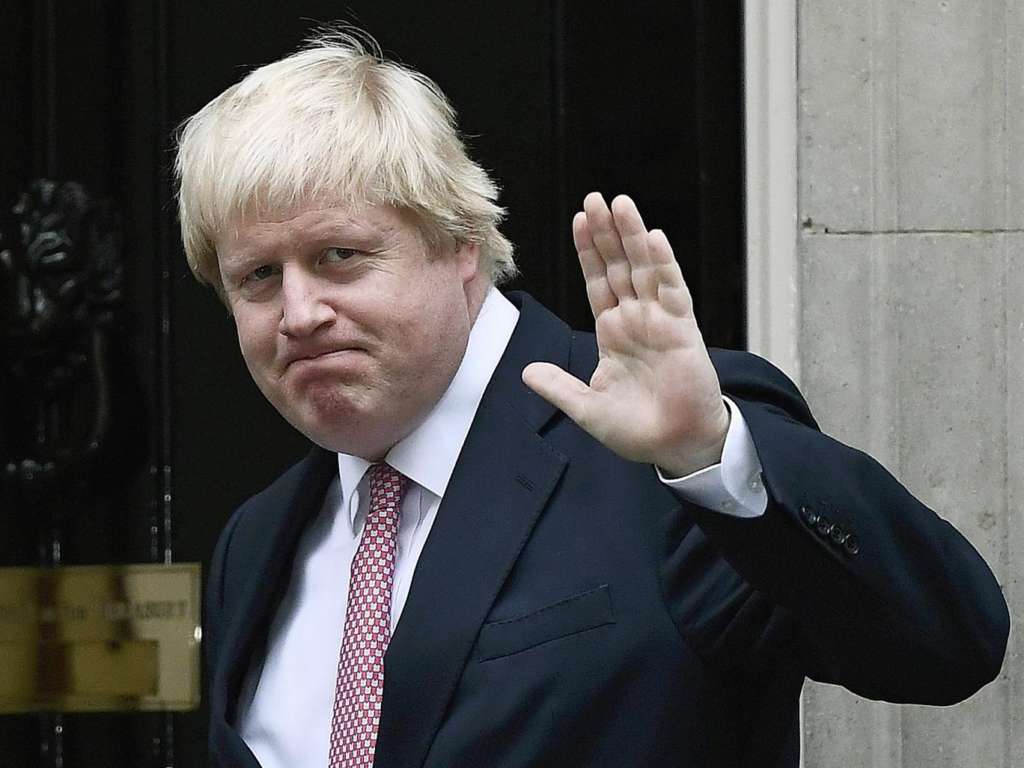New York, London-The UK government does not believe that Saudi Arabia’s bombing campaign in Yemen violates international law, Foreign Secretary Boris Johnson said.
“So far, we do not believe that there has been a clear risk of a breach of the international humanitarian law,” Johnson told BBC One’s Andrew Marr Show, referring to the Saudi actions in Yemen.
He added: “At the moment, we do not think the threshold has been crossed.”
The Foreign Secretary then reaffirmed the British allegiance to the Arab kingdom by saying that the UK is “supportive” of Saudi Arabia and has a “longstanding partnership” with it.
He went on to say that the actions of Saudi Arabia are justified and even supported by the U.N..
“There is a campaign supported by the Arab League, by a vast coalition, supported by the U.N. to move Houthis out of Sanaa and restore the legitimate government,” Johnson said, referring to the Yemeni Houthi rebels who forced President Abd Rabbuh Mansour Hadi to go into exile and seized large swathes of Yemeni territory, including the Yemen’s capital of Sanaa in 2014 after ousted President Ali Abdullah Saleh was deposed in 2012.
On Sunday, Johnson also put the blame solely on the Houthis by saying that they had “evicted the government and are attacking Saudi Arabia.”
At the same time, he denied that the UK is directly involved in the Saudi airstrikes in Yemen, arguing “we are not engaged in the command and control systems of the Saudi operations.”
“We tried to give general advice to the Saudis about how to do these things, but we are not in the targeting,” he told BBC journalist Andrew Marr, adding that the British advisors only “give general guidance about how targeting should work.”
On Monday, AFP quoted source close to Yemeni President saying: “Yemeni President Abd Rabbuh Mansour Hadi would cede power only to an ‘elected’ leader, after rejecting a U.N. peace roadmap asking him to hand over to a deputy.”
Hadi made his statement during talks held last week in Aden with U.N. special envoy Ismail Ould Cheikh Ahmed, who has begun a new attempt to restart negotiations between the government and Iran-backed rebels.
The official said the roadmap, whose content was not made public, requires Hadi to cede power to a vice president named in agreement with the rebels, a plan the president rejected.
“The roadmap has contradicted the Gulf initiative in terms of the president’s powers,” the official told AFP, adding that Hadi should run Yemen during the transition and supervise national dialogue and elections.
“He would pass his powers to an elected president,” the official said.
In his response to the U.N. mediator, Hadi demanded that Saleh and rebel Chief Abdul Malik al-Houthi “abandon politics and be forced into a country of exile of their choice for 10 years.”
